All through history, people have had their own beliefs and religions. These beliefs were meant to guide us, make us feel safe, and help us understand the world. When I was young, I was like many others. I grew up as a Muslim, and I truly believed Islam was the only true religion, and Muslims were the good people. But as I got older, I started to see things differently. The perfect picture I had in my head began to crack. This is my story of why I chose to believe in humanity itself, rather than just one set of rules. My path is now guided by Ubuntu (a way of living that means “I am because we are”) and the simple truth that we are all both good and bad.
“Many people hide behind the masks of religion and do all sorts of bad things,” I’ve seen this happen many times. It’s confusing, right? How can groups that talk about peace and love often end up causing hate and terrible pain?
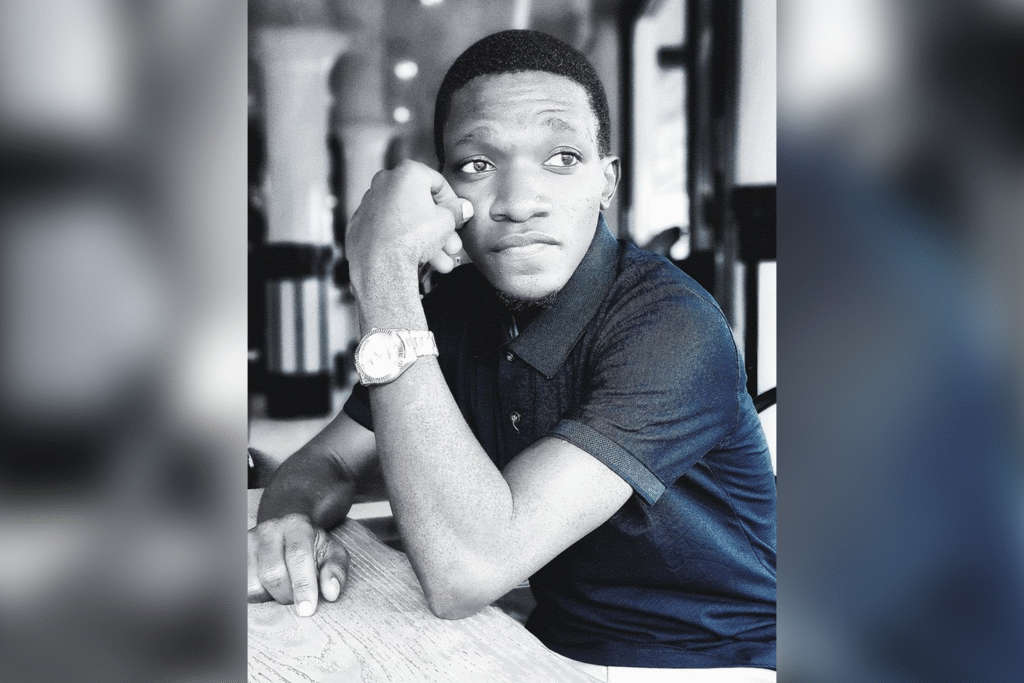
The Real Story of People
My journey started when I truly understood something: if someone is good or bad, it usually has nothing to do with their religion. I saw with my own eyes how much hurt was caused in the name of faith. My fellow Muslims, who I once thought were always good, did things “I can’t measure” that were so wrong. Sometimes, we even had to run away from our own communities and find safety with people who weren’t Muslim. On the other hand, “non-Muslims have brought harm to me that Muslims had to be a place of comfort or peace.” This showed me that good and bad people are everywhere, no matter their religion.
The real problem, I think, is that people blame someone else for their actions. “When somebody does something wrong it’s not their religion and when they do something good it’s their religion; problem is everybody attributes their wrongs and goods to Satan or God or Allah or whichever you call it.” This way of thinking lets us off the hook. It makes us feel like we’re just puppets, controlled by God or the Devil, instead of being the ones who make our own choices.
When somebody does something wrong, it’s not their religion. And when they do something good, it’s their religion.
Mukiibi Hamza Katende
My own ideas about God and the Devil have changed a lot. Now, I believe there isn’t a magical being up in the sky pulling strings, and there isn’t a scary devil trying to trick us. “I believe that the devil is us and the God is us. When we do good that’s God working and we do bad that’s the devil. We are both the good and evil.” This idea puts all the power and responsibility right inside us.
When we are kind, caring, and create good things, that’s the “God” part of us. It’s our amazing ability to show love and build things up. But when we are mean, destructive, and hateful, that’s the “devil” part of us. It’s our ability to cause pain and break things down. This way of thinking makes us face a tough truth: “There’s not Satan that tempts you, you are a wicked asshole, your heart is rotten and your mind is corrupted.” This might sound harsh, but it forces us to look closely at ourselves and take responsibility.
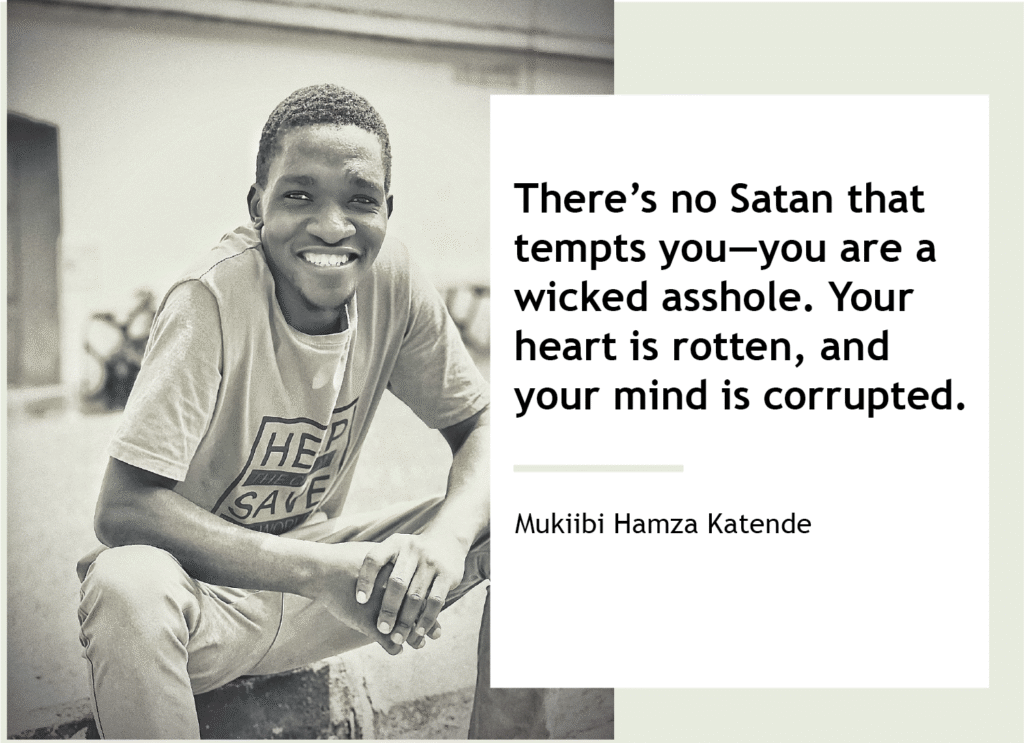
It’s the same with heaven and hell. We often hear about them as places we go after we die. But for me, they are part of our life right now. “There’s no hell or heaven, heaven is your mind and hell is under your feet (heel).” Our heaven is the peace and happiness we create with our thoughts and actions. Our hell is the pain of guilt, regret, and the suffering we cause ourselves and others. So, the choice isn’t about pleasing a God we can’t see to get into heaven later. It’s about living a good and honest life right now.
The Good and Bad of Being Human
People are truly amazing, but we can also be truly awful. We build hospitals and schools, but we also start wars that kill many. We write beautiful music, but we also create weapons that destroy cities. This mix of good and bad is what makes us human. And accepting this is the first step to truly knowing ourselves.
“It has to be understandable that we people are bad but why are we so wicked, why do we act as if we are holy to appease a god we don’t see and act weird with hateful hearts to people we live with.” This is a key question. Pretending to be holy, often out of fear or to fit in with a religious group, leads to being a hypocrite. It makes people judge others, hate differences, and feel disconnected from the very people they live with every day. Real spirituality, for me, isn’t about outward show. It’s about being truly kind, honest, and caring towards everyone, no matter what they believe.
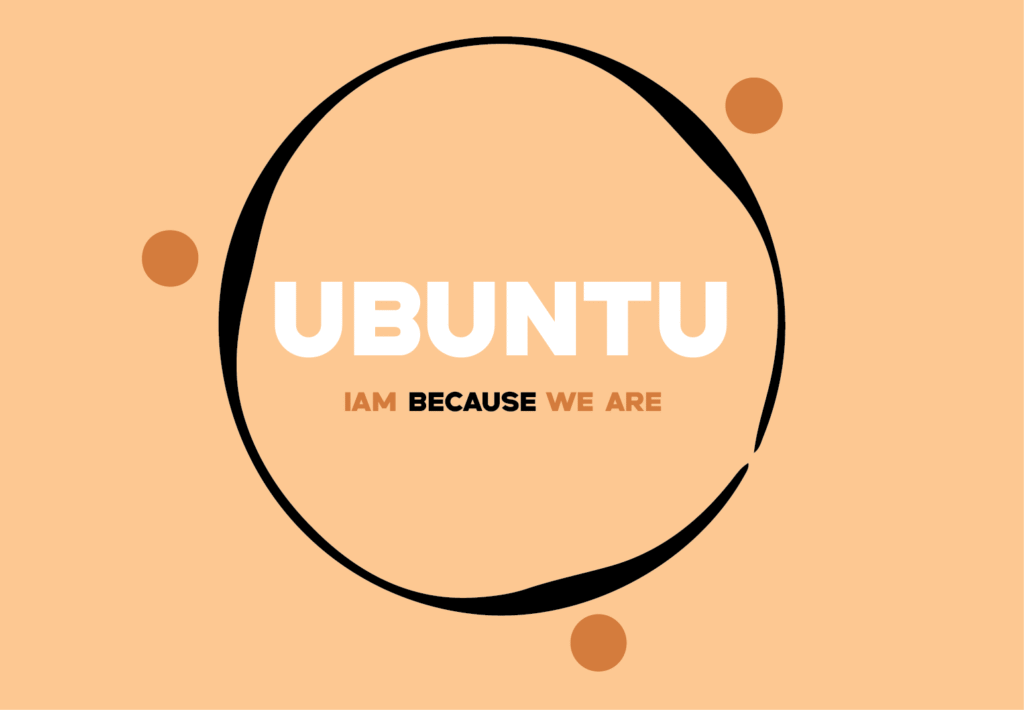
This brings me to the powerful idea of Ubuntu. It comes from Southern Africa and basically means, “I am because we are.” It teaches us that all people are connected. We are who we are because of others. It’s a way of living that focuses on kindness, understanding, and everyone doing well together.
In a world that feels more and more divided by religion, politics, and social groups, Ubuntu is a strong answer. It reminds us that each of us is linked to every other person. If we hurt someone else, we hurt ourselves. If we help someone, we help ourselves too. This is a practical, down-to-earth way to be spiritual. It doesn’t need old rules or promises of a life after death. It simply asks us to see and respect the true worth of every person. It fits perfectly with the idea that our “God” is our ability to do good, and our “Devil” is our ability to do bad, because what we do affects everyone around us.
Forgiving Ourselves and Becoming Our Best Selves
My past wasn’t perfect. “As a young person I hurt a lot of people but I used to pray, fast etc. and whenever I did I used to go back on a prayer mat and ask Allah for forgiveness, I used to feel it was wrong what I was doing but I didn’t know what exactly to do.” This cycle of doing wrong, asking for forgiveness, and then doing wrong again is common for people. It shows that just doing religious rituals doesn’t help if you don’t truly change inside. I felt guilty, but I didn’t really understand how to stop.
The big change came when I stopped looking for forgiveness from outside and started looking within myself. “But when I realized I’m a human and that I’m both the creator and the destroyer, I bring life and at the same time I can take it, I forgave myself and went on to be the best person I can ever be.” Forgiving myself wasn’t about saying what I did was okay. It was about accepting that I’m human and can make mistakes, and then promising to do better. I realized that the power to change and grow was inside me, not with some outside power.
“Everyone that has ever wronged me I forgave and let go off them… I don’t hold grudge but for my own peace of mind I have to distance myself from them.” Forgiving others, and ourselves, is a huge step towards real freedom. Holding onto anger just traps us. It keeps us stuck in the past. Moving away from people who hurt you, when needed, isn’t being mean. It’s about protecting your own well-being so you can heal and grow.
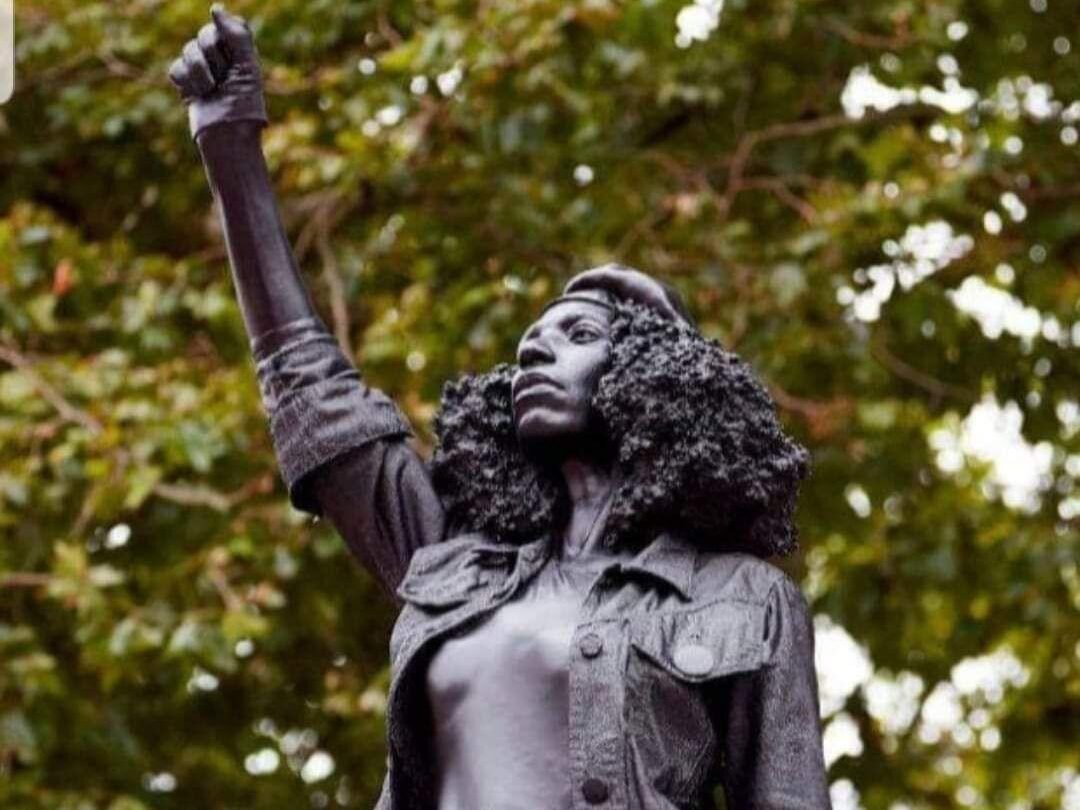
This journey is still happening. “I still do things that don’t look appealing or don’t appease but at least I’m on a journey of being the God I can ever be and I will be exact that.” This doesn’t mean I think I’m literally a god. It means I’m trying my hardest to be the best person I can be. It means trying to be the kindest, wisest, bravest, and most loving person possible. It means taking responsibility for my own life, creating good things, and getting rid of my own bad habits.
In the end, my path has led me away from strict religious rules and towards the rich, complex, and deeply meaningful world of humanity itself. It’s a path where phrases like “you are greedy, you are divisive, you are wicked, you are not truthful” aren’t words thrown at me by a judge, but honest reflections that make me look at my own flaws. It’s a path that celebrates our amazing ability to be good, to create, to heal, and to love. It’s a path where we are truly in charge of ourselves, where our actions create our own heaven and hell, and where our hearts hold the real map. It’s the never-ending journey of becoming the very best human being we can be – a journey where, in a way, we become the God we are capable of being.

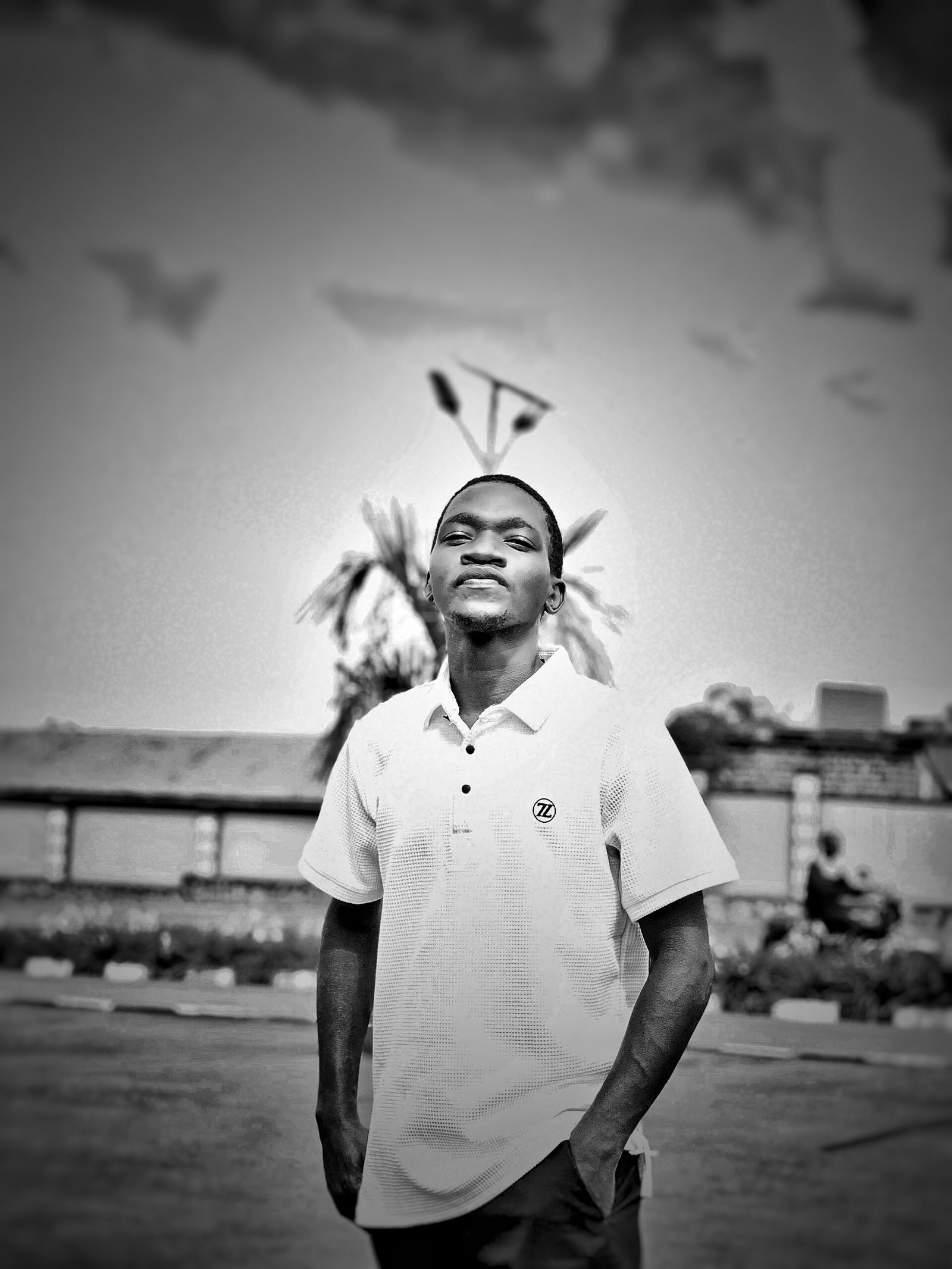
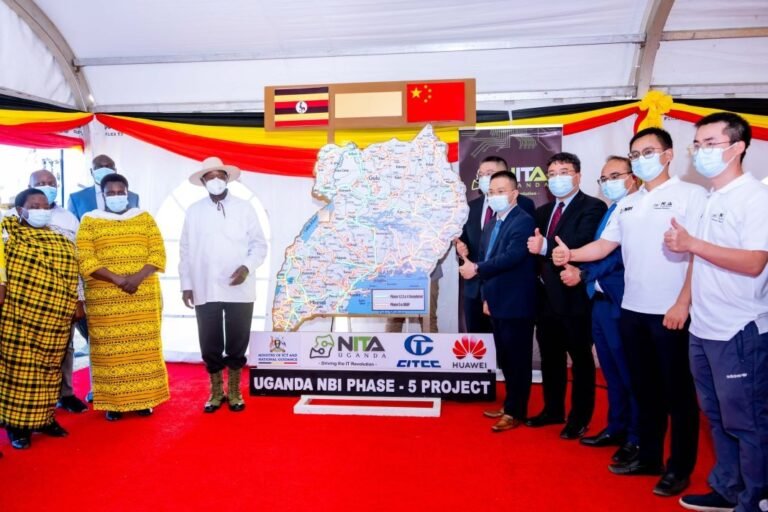
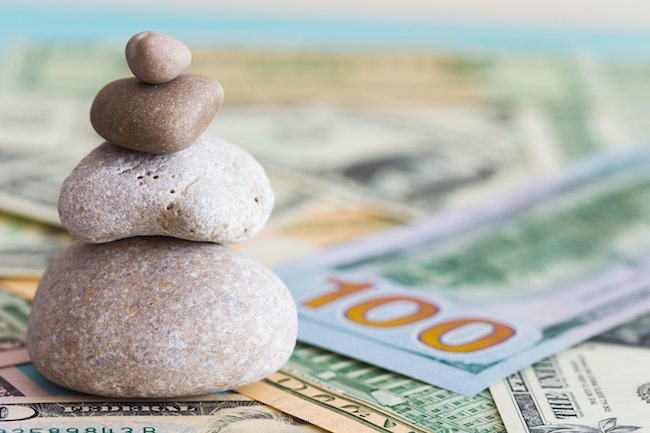
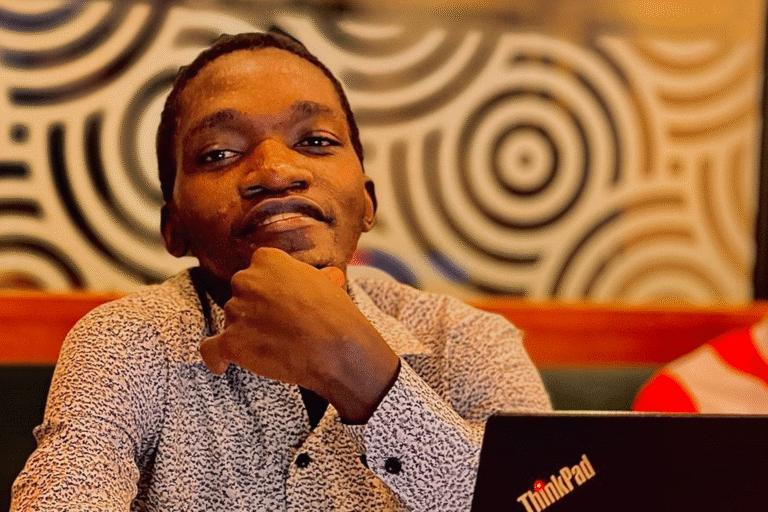
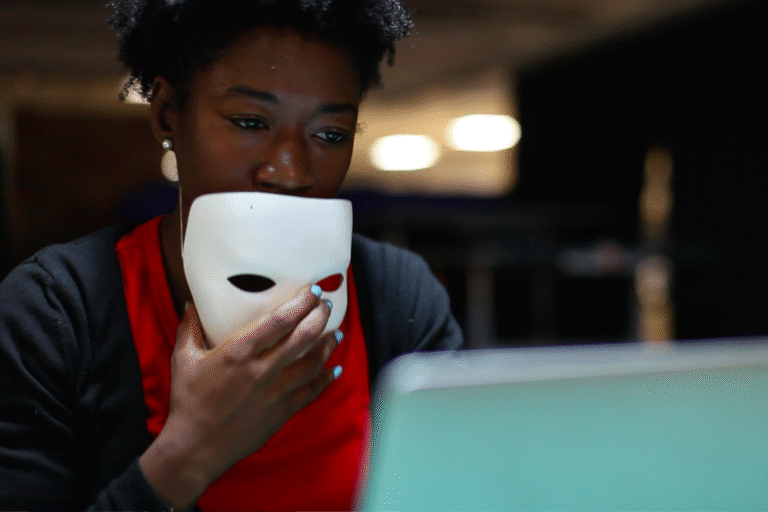
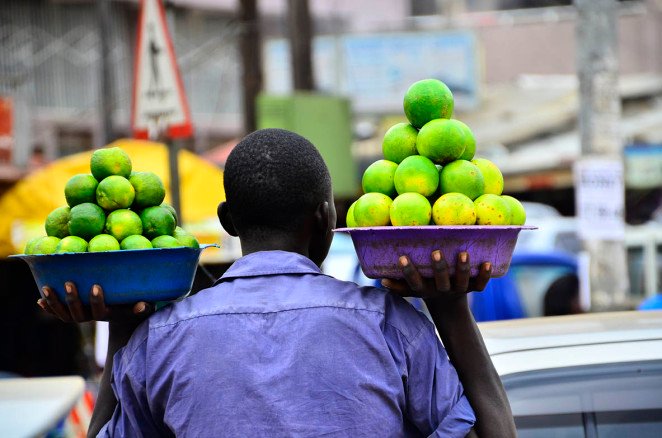
Leave a Comment